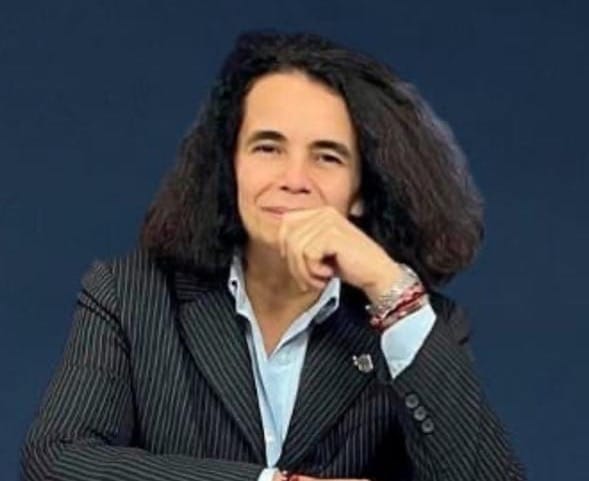Por Pamela Sandoval
Murió Betty Webb a los 101 años, y con ella se va otro pedazo del siglo XX que tanto nos cuesta mirar con honestidad. No murió una celebridad, ni una política, ni una influencer con millones de seguidores. Murió una mujer que, desde el anonimato impuesto, ayudó a cambiar el curso de la historia mundial descifrando mensajes nazis y japoneses mientras el mundo entero ignoraba su existencia. Fue parte del legendario equipo de Bletchley Park —ese lugar envuelto en secretos donde se rompieron los códigos del enemigo— y, más tarde, trabajó en el Pentágono durante los días más oscuros de la guerra. ¿Y qué hizo ella al respecto? Calló. Durante décadas. Porque así se lo ordenó su país, y porque así era el mundo: una mujer servía, obedecía y, sobre todo, no hablaba.
Pero antes de avanzar, pongamos en contexto: ¿qué era Bletchley Park? No era un campo de batalla ni una trinchera, pero fue, sin exagerar, uno de los frentes más decisivos de la Segunda Guerra Mundial. Era una mansión en Buckinghamshire, Inglaterra, convertida en el centro de inteligencia donde se descifraban los códigos militares del Eje. Ahí se rompió Enigma, la compleja máquina de cifrado alemana que protegía las comunicaciones nazis. Lo que se hacía en Bletchley era equivalente a leerle la mente al enemigo: saber cuándo y dónde iban a atacar, anticipar movimientos, salvar vidas sin disparar una sola bala. Alan Turing es el nombre más conocido del lugar, por su genio matemático y su trágico final, pero Bletchley Park no fue obra de un solo hombre. Fue una operación de miles de personas, y más del 70% eran mujeres. Mujeres como Betty.
La historia de Betty es incómoda porque nos recuerda todo lo que no queremos aceptar sobre las mujeres en los conflictos bélicos. Nos gusta la narrativa del soldado que regresa condecorado, la épica masculina del campo de batalla. Pero ¿qué hacemos con las mujeres que también pelearon, sólo que desde escritorios oscuros, rompiendo códigos y cargando con el peso de un secreto que ni siquiera podían contarle a su madre? A Betty la reclutaron a los 18 años. Hablaba alemán porque su madre se lo enseñó, y en lugar de quedarse haciendo “rollos de salchicha”, como dijo con fina ironía, decidió que tenía que servir a su país. Se fue a Bletchley sin saber siquiera qué era ese lugar. Nadie le explicó nada. Le leyeron el Acta de Secretos Oficiales y punto. A partir de ahí, su vida dejó de ser suya.
Después del triunfo aliado en Europa, Betty fue enviada al Pentágono, a descifrar mensajes japoneses. Fue la única mujer de su unidad en recibir tal encargo. ¿Cómo retribuyó su país semejante honor? Volviéndola invisible. Cuando regresó a Inglaterra, buscó trabajo como cualquier otra mujer de posguerra, pero no podía explicar en qué había trabajado. El secreto seguía vigente. ¿Cómo convences a un director de escuela de que eres competente si no puedes contar tu experiencia más importante? Lo logró porque otra mujer, también ex Bletchley, estaba ahí. Otra Betty que sabía leer entre líneas.
Hoy la celebran con honores póstumos, con tweets de historiadores y homenajes institucionales. Le dieron la Legión de Honor francesa. La invitaron a la coronación de Carlos III. La llevaron de vuelta a Bletchley a celebrar sus 100 años con un sobrevuelo de un bombardero Lancaster. Todo muy simbólico, todo muy bonito. Pero ¿no llega demasiado tarde ese reconocimiento? ¿No es también una manera elegante de evadir la pregunta central? Porque Betty Webb representa a todas las mujeres que hicieron el trabajo pesado, silencioso, esencial, y fueron tratadas como si nada. Las que no cabían en la narrativa de los héroes de guerra. Las que sostuvieron la historia en secreto.
Suscríbete para leer la columna completa…




